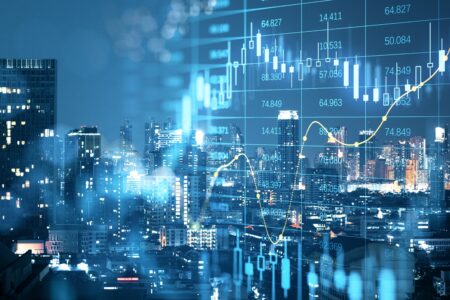What to do if HMRC gets in touch
October 2019
VAT compliance among small- and medium-sized businesses has been the focus of increased HMRC activity recently.
Two common themes are emerging from this activity: HMRC has been making enquiries when a business requests a VAT refund, and there has been a rise in inspections to check for errors in VAT compliance or potential fraud.
When contacting and investigating a business, HMRC nowadays relies more on remote contact, particularly telephone, letter and email correspondence. As a result, there can be significant time lapses between HMRC requesting information and then responding to the data a business supplies.
HMRC officers are also under pressure to close cases as quickly as possible. This can mean that if they don't receive information using the right terminology or format, they may refuse refunds or issue penalties. It can then be tough overturning their decision.
If you are contacted by HMRC, don’t panic but do be cautious and take care in your response. Check with your Shipleys contact as we can help:
- determine if correspondence is genuinely from HMRC and not fraudulent (fraudsters intensify their activity in the run-up to tax-filing dates)
- review your VAT position before you reply
- guide you on the right terminology to use to avoid prolonging HMRC’s investigation
- help you to send the information required by HMRC, in the correct format.
Specific advice should be obtained before taking action, or refraining from taking action, in relation to this summary, if you would like advice or further information, please speak to your usual Shipleys contact.
Copyright © Shipleys LLP 2019










